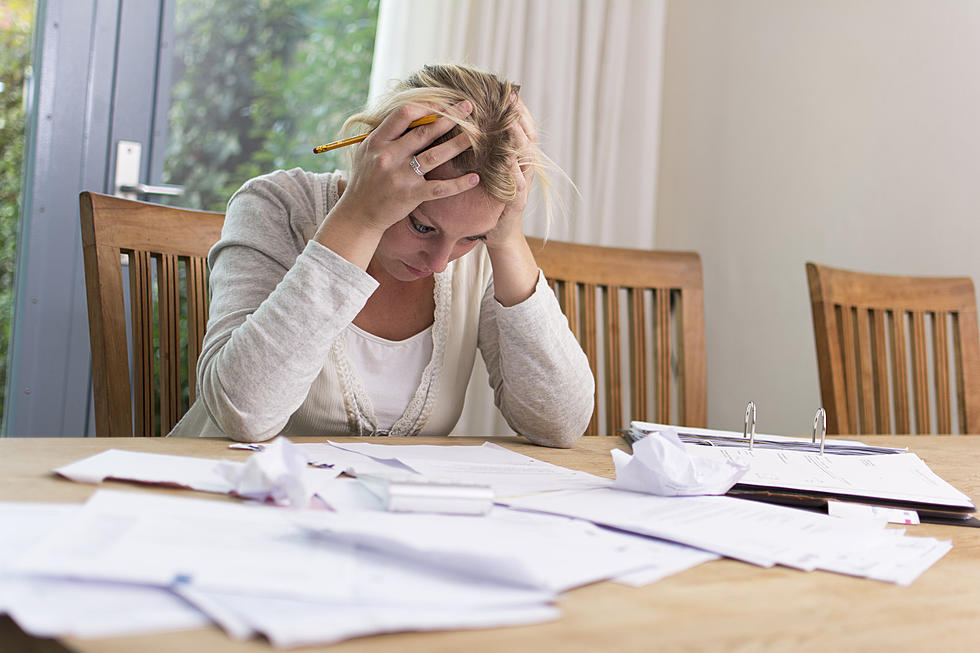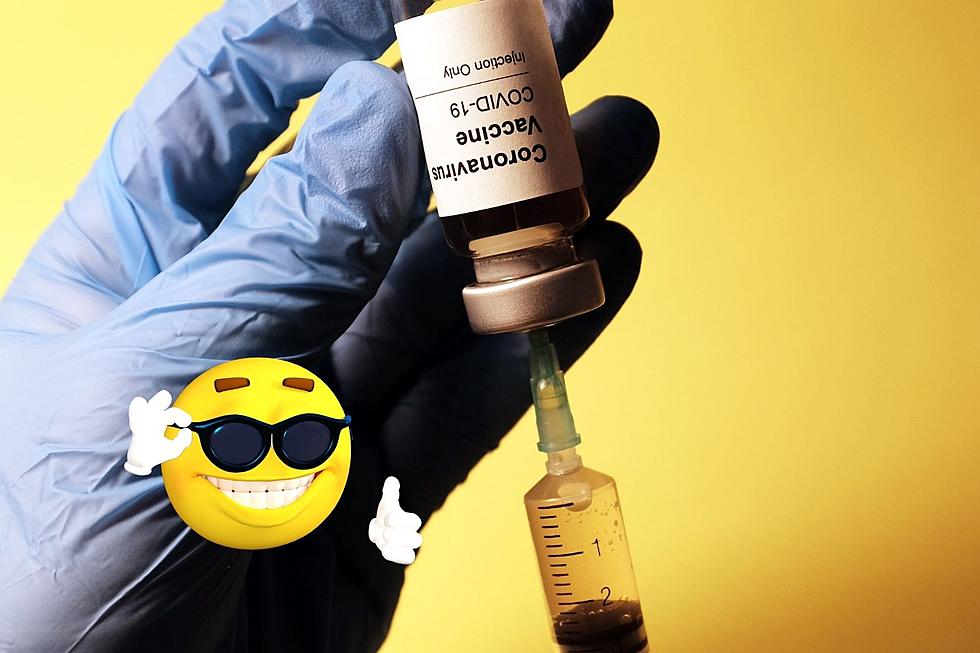
COVID-19 Numbers Rise in Massachusetts
According to a release from the State House News Service, there were nearly 500 new cases of COVID-19 confirmed in Massachusetts over the weekend and the percentage of tests that come back positive for the coronavirus is rising.
Data reported Sunday would suggest the average will continue to climb -- the 273 new cases reported Sunday were the results of 9,780 tests, meaning that 2.79 percent of all tests came back positive for the virus.
Last week, the governor pointed out that the state's average positive test rate has dropped in the months since many aspects of the state's economy began to reopen. When the earliest steps of the administration's reopening plan began May 18, the seven-day average positive test rate was 9.6 percent.
At the end of a press conference Friday at which he announced new mandatory quarantine or testing requirements, Baker said the data he's seen do not suggest that young people are driving coronavirus activity in Massachusetts.
"So the way to think about this is if you go back to April and May, the per capita positive test rate for people over the age of 60 was very high. The per capita positive test rate for people between the ages of 30 and 60 was high but not as high as the over 60s, and the per capita positive test rate for the 0 to 30 population was underneath those two, but it was also reasonably high," Baker said. "What's happened since then is the positive test rate per capita for the over 60s has crashed, the positive test rate for the 30 to 60s has also crashed, and the positive test rate for the under 30s has also crashed. So, what has happened as a result of that is there's been an increase in terms of the percentage of positives that are in the 0 to 30 category and the 30 to 60 category, but that's only because the over-60 group was so high to begin with."
The governor said he brought the topic up because of the way that "an astonishing run-up in positive test rates for the under-30 crowd" drove a lot of the recent surges in cases in the south and southwest.
"We do not have that," Baker said. "Our under-30 crowd is a higher percentage than it was two months ago, but that's not because their positive test rate overall has gone up. It hasn't, it's collapsed the same way the 30 to 60 crowd did and the over-60 crowd did."
He added, "our young people, for the most part, appear to be doing all the same things that the 30 to 60 and over-60 folks are doing. They're not driving trend, they've done a really good job of reducing their overall positive test rate over the same period of time that other people did, they just didn't have as far to go in reducing their positive test rate as the other two groups did."

More From WBEC FM









